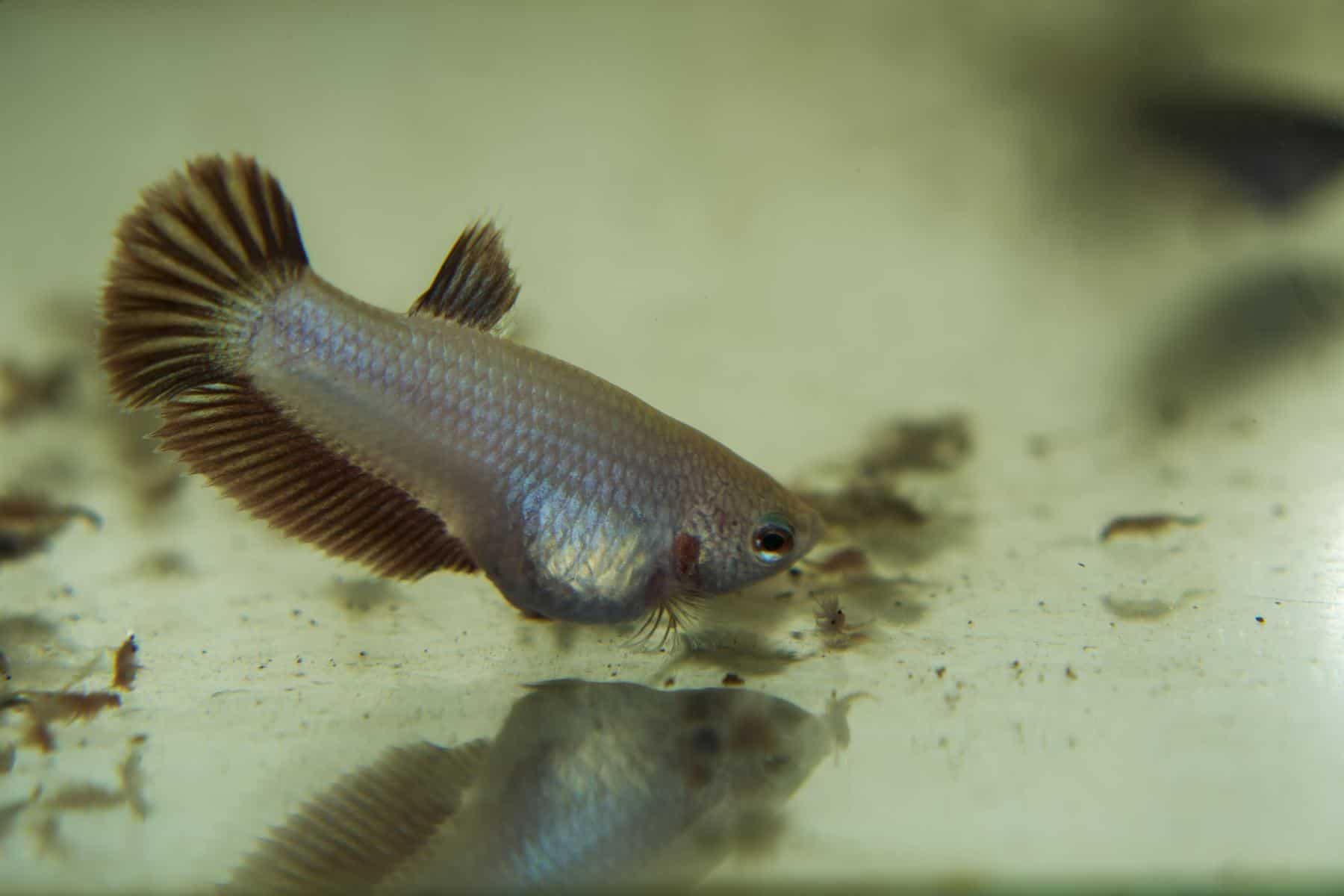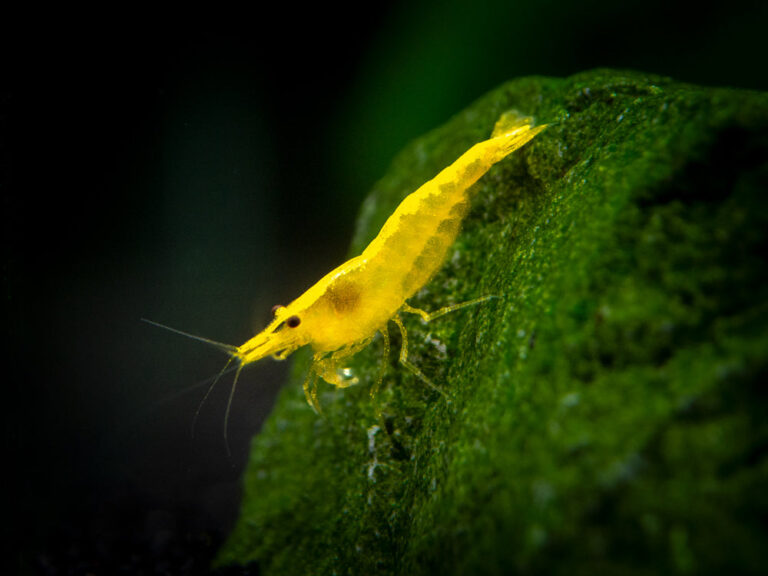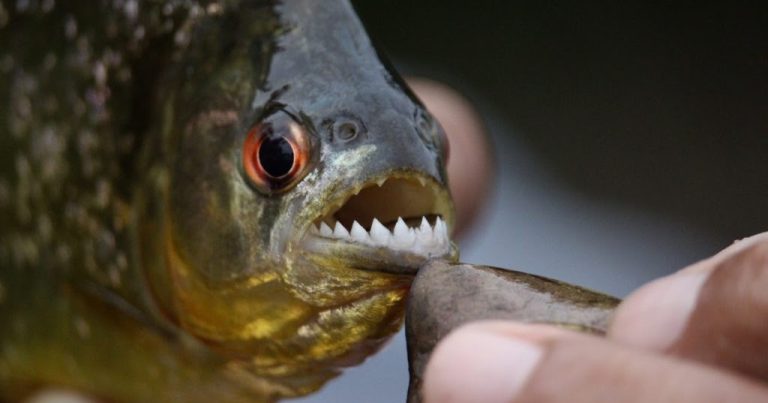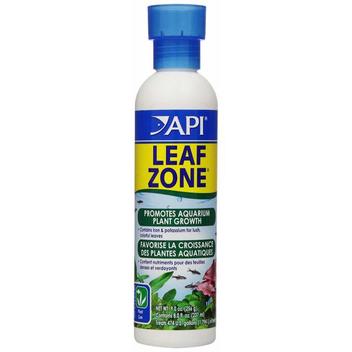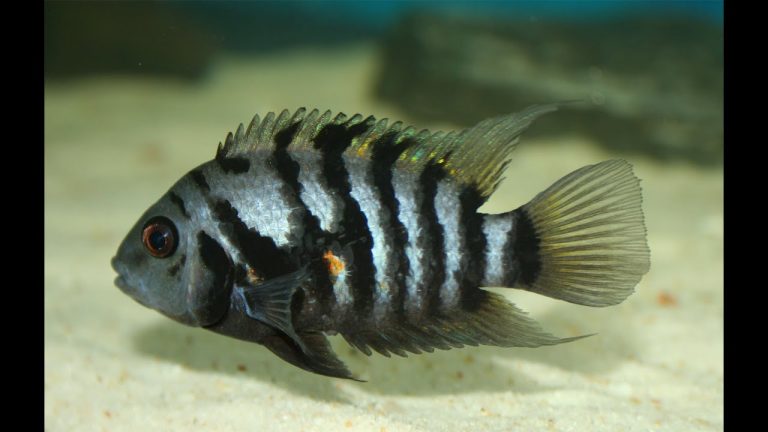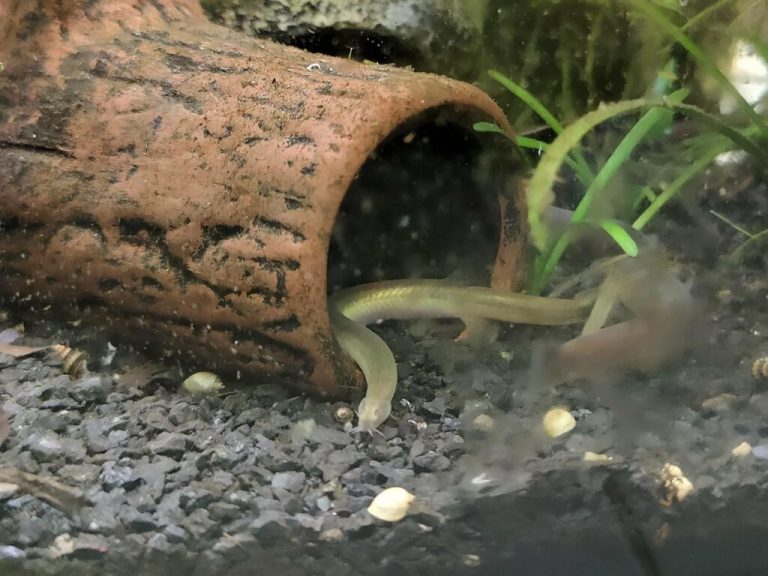Betta Fish Constipation? Here’s How to Treat It!
To treat constipation in betta fish, adjust their diet and water conditions. Betta fish need a high-protein diet that contains fiber and live food sources to prevent constipation.
Good water quality is essential to ensure bettas can properly digest food, so maintaining a clean tank is crucial. Betta fish owners know how challenging it is to manage constipation in their pets. The effects of constipation can be detrimental to the fish’s health and may result in long-term complications.
A betta fish suffering from constipation may experience bloating, swim bladder problems, and loss of appetite. Preventing constipation in betta fish is essential, and pet owners should take measures to avoid it. It is easy to manage betta fish constipation with some minor changes to their diet and water conditions. This article outlines these adjustments that betta fish owners can make to maintain a healthy and happy pet.

Credit: allnaturalpetcare.com
Betta Fish Constipation: Causes And Symptoms
Understanding Betta Fish Constipation
Betta fish are beautiful aquatic pets cherished by many. However, they can suffer from constipation, which can lead to severe health issues. Understanding what causes betta fish constipation is critical in preventing it.
Causes Of Betta Fish Constipation
Several factors can lead to betta fish constipation, including:
- Overfeeding: One of the most common causes of betta fish constipation is overfeeding. Feeding betta fish more than they can consume, or feeding them frequently can lead to constipation.
- Low-fiber diet: Betta fish thrive on a high-protein diet. However, a diet lacking in fiber can result in constipation.
- Water temperature: Betta fish are sensitive to changes in temperature. Keeping their water temperature too low can cause digestive issues, including constipation.
- Water quality: Poor water quality can lead to many health problems, including constipation.
Symptoms Of Betta Fish Constipation
Identifying the symptoms of betta fish constipation is crucial in providing early intervention. Key symptoms include:
- Distended or bloated belly
- Decreased appetite
- Difficulty swimming
- Feces trailing from the fish
How To Diagnose Betta Fish Constipation
Diagnosing betta fish constipation requires a keen eye and close observation. Here’s how to diagnose the condition:
- Observe the fish’s behavior and feeding habits.
- Observe the fish’s feces. Healthy feces are brown and sink to the bottom. If the feces are discolored, whitish, or stringy, it could indicate constipation.
- Check the fish’s belly for any swelling.
By understanding the causes and symptoms of betta fish constipation and knowing how to diagnose it, you can take preventive measures and/or treat the condition early before it becomes severe.
Betta Fish Constipation: Prevention And Treatment
Betta fish make great pets, thanks to their bright colors and charming personalities. However, like all living beings, they can suffer from constipation. Constipation in betta fish can cause numerous problems, ranging from stress to bacterial infections, and even death.
Luckily, identifying and treating constipation in betta fish is easy. In this section of our blog post, we’ll discuss how you can prevent and treat constipation in your betta fish.
Feeding Guidelines For Betta Fish
The first step in preventing betta fish constipation is understanding how much and what to feed them. Overfeeding is the most common cause of constipation, so it’s essential to understand feeding guidelines for betta fish. Here are some key points to consider:
- Feed your betta fish 1-2 small meals per day, rather than one large meal.
- The number of pellets or flakes you offer should be based on your betta’s size and appetite.
- Do not overfeed your betta fish; pay attention to how much they eat and adjust accordingly.
How To Prevent Betta Fish Constipation
Preventing constipation in betta fish is simple. Here are four ways to help keep your fish’s digestion healthy:
- Feed your betta fish a balanced diet rich in protein. High-quality betta fish pellets or frozen/live food are excellent options.
- Soak the pellets or flakes before feeding to reduce the risk of constipation.
- Avoid feeding your betta fish human food, as it can cause digestive problems.
- Maintain a clean and healthy environment for your betta fish by regularly changing their water and cleaning their tank.
Treatment Options For Betta Fish Constipation
If your betta fish shows signs of constipation, there are several treatment options available:
- Fast your betta fish for 24-48 hours to give their digestive system a chance to recover.
- Offer some live or frozen food, like daphnia or brine shrimp, as an occasional treat.
- Feed your betta fish a piece of a cooked and peeled pea to help soften any blockages.
- Consider purchasing a commercial treatment specifically designed to treat constipation in betta fish.
Natural Remedies For Betta Fish Constipation
Several natural remedies can help alleviate constipation in betta fish and promote digestive health:
- Offer small amounts of fresh garlic in their diet, as it helps with digestion and acts as a natural anti-inflammatory.
- Add some epsom salt to your betta fish’s water to help relieve constipation symptoms.
- Soak dried indian almond leaves in your betta fish’s tank water; it helps with bowel movement.
- Offer some boiled and cooled blanched peas to your betta fish’s diet, as it acts as a natural laxative.
How To Maintain Betta Fish Digestive Health
To maintain your betta fish’s digestive health, implement these simple steps:
- Avoid overfeeding and offer a balanced diet rich in protein.
- Monitor your betta fish’s bowel movements daily.
- Maintain a regular water change schedule and keep their tank clean.
- Add some beneficial bacteria to your betta fish’s tank water to keep their digestive health in check.
Preventing and treating constipation in betta fish can be as simple as following feeding guidelines, maintaining a healthy environment, and offering natural remedies. These small, easy steps can help ensure your betta fish’s long and healthy life, so keep these tips in mind to keep your fishy friend happy and comfortable.
Diet And Nutrition For Betta Fish
Betta fish or siamese fighting fish are well-known for their vibrant colors and long flowing fins. But just like any other pet, betta fish can get sick too. One of the most common health issues that betta fish face is constipation.
Constipation in betta fish can cause bloating, loss of appetite, and even death. In this blog post, we will discuss how to treat constipation in betta fish, with a focus on the importance of diet and nutrition.
Foods To Avoid For Betta Fish
When it comes to feeding betta fish, there are certain foods to avoid. These include:
- Frozen or live foods that are not specifically meant for betta fish
- Dry food that is low in quality and lacks proper nutrition
- Foods that can cause digestive issues or constipation, such as too much dried or frozen food, or food that is high in fat
The Importance Of A Balanced Diet For Betta Fish
Just like humans, a balanced diet is crucial for the overall health and well-being of betta fish. A balanced diet for betta fish includes:
- High-quality dry betta fish pellets that have proper nutrition and vitamins
- Frozen or live food that is specifically meant for betta fish, such as bloodworms or brine shrimp
- A variety of foods that provide essential nutrients, such as protein, fiber, and vitamins
- Avoiding overfeeding, as this can lead to obesity and constipation
The Ideal Feeding Regimen For Betta Fish
The ideal feeding regimen for betta fish consists of small, frequent meals throughout the day. This means feeding betta fish two to three times a day, with just a few pellets or a small amount of frozen or live food each time.
It is also important to remove any uneaten food from the tank within a few minutes to prevent the water from becoming contaminated.
Supplements For Betta Fish Health
Supplements can be a great way to enhance the health of betta fish. Some recommended supplements include:
- Probiotics to aid in digestion and boost immunity
- Vitamins and minerals to support overall health and vitality
- Garlic supplements to ward off parasites and infections
Diet and nutrition play a crucial role in treating constipation in betta fish. A balanced diet, along with proper feeding regimen and supplements, can keep your betta fish healthy and happy. Always remember to read the label of any food or supplement you give to your pet fish, to ensure that it is specifically designed for betta fish and does not contain any harmful additives.
Betta Fish Tank Maintenance
Proper betta fish tank maintenance can ensure that your fish stays healthy and free of constipation. Here are some key points to keep in mind:
Regular Water Changes For Betta Fish Tanks
- Betta fish thrive in clean water, so it’s important to change their water frequently to maintain good water quality.
- A general rule of thumb is to change their water once a week, but you may need to change it more or less frequently depending on the size of your tank and the number of fish you have.
- When doing a water change, make sure to also clean the tank’s filter, as it can accumulate debris and waste over time.
Cleaning Substrate And Decor In Betta Fish Tanks
- The substrate and decor in your betta fish tank can also accumulate waste and debris, so it’s important to clean them regularly.
- Use a gravel siphon or scoop to remove debris from the substrate, and scrub any decor with a soft-bristled brush.
- Avoid using soap or cleaning agents, as they can be harmful to your fish.
Maintaining Proper Water Temperature And Ph For Betta Fish
- Betta fish are sensitive to changes in water temperature and ph, so it’s important to keep these levels consistent.
- The optimal temperature for betta fish is between 76 and 82 degrees fahrenheit, while the ideal ph level is between 6.5 and 7.5.
- Use a thermometer and ph testing kit to monitor these levels regularly, and adjust them as needed.
Identifying And Treating Tank-Related Causes Of Betta Fish Constipation
- Constipation in betta fish can sometimes be caused by tank-related issues, such as overfeeding, a lack of fiber in their diet, and a dirty tank.
- To prevent constipation, make sure your fish is getting a balanced diet that includes fiber-rich foods like peas and spinach.
- Also, make sure to not overfeed your fish and to remove any uneaten food from the tank.
- If your fish does become constipated, there are treatments available, such as feeding them a specially formulated diet or using a laxative medication specifically designed for fish.
By following these tips for betta fish tank maintenance, you can help prevent constipation in your fish and keep them healthy and happy.
Frequently Asked Questions Of How To Treat Constipation In Betta Fish
What Are The Signs Of Constipation In Betta Fish?
Symptoms of constipation in betta fish include bloating, lethargy, loss of appetite, and difficulty passing stool.
How Can I Prevent Constipation In Betta Fish?
To prevent constipation in betta fish, feed them a varied diet, avoid overfeeding, and provide them with a clean and healthy environment.
How Can I Treat Constipation In Betta Fish?
To treat constipation in betta fish, you can fast them for 1-2 days, offer them boiled and peeled peas, or use a commercial laxative designed for fish.
Can Constipation Be Fatal For Betta Fish?
Yes, untreated constipation can lead to serious health problems and even death in betta fish. It is important to take action as soon as you notice symptoms.
Conclusion
Overall, betta fish constipation is a common yet preventable issue that can be easily resolved if caught early on. By following the steps we have outlined in this guide, you can improve your betta fish’s digestive health, allowing it to live a happy and healthy life.
Remember to provide your betta fish with high-quality food, monitor feeding habits, avoid overfeeding, maintain a clean tank, and add fiber to their diet. These simple changes can make a world of difference in your betta fish’s well-being. With a little bit of effort and attention, you can ensure that your betta fish stays healthy and happy for years to come.
